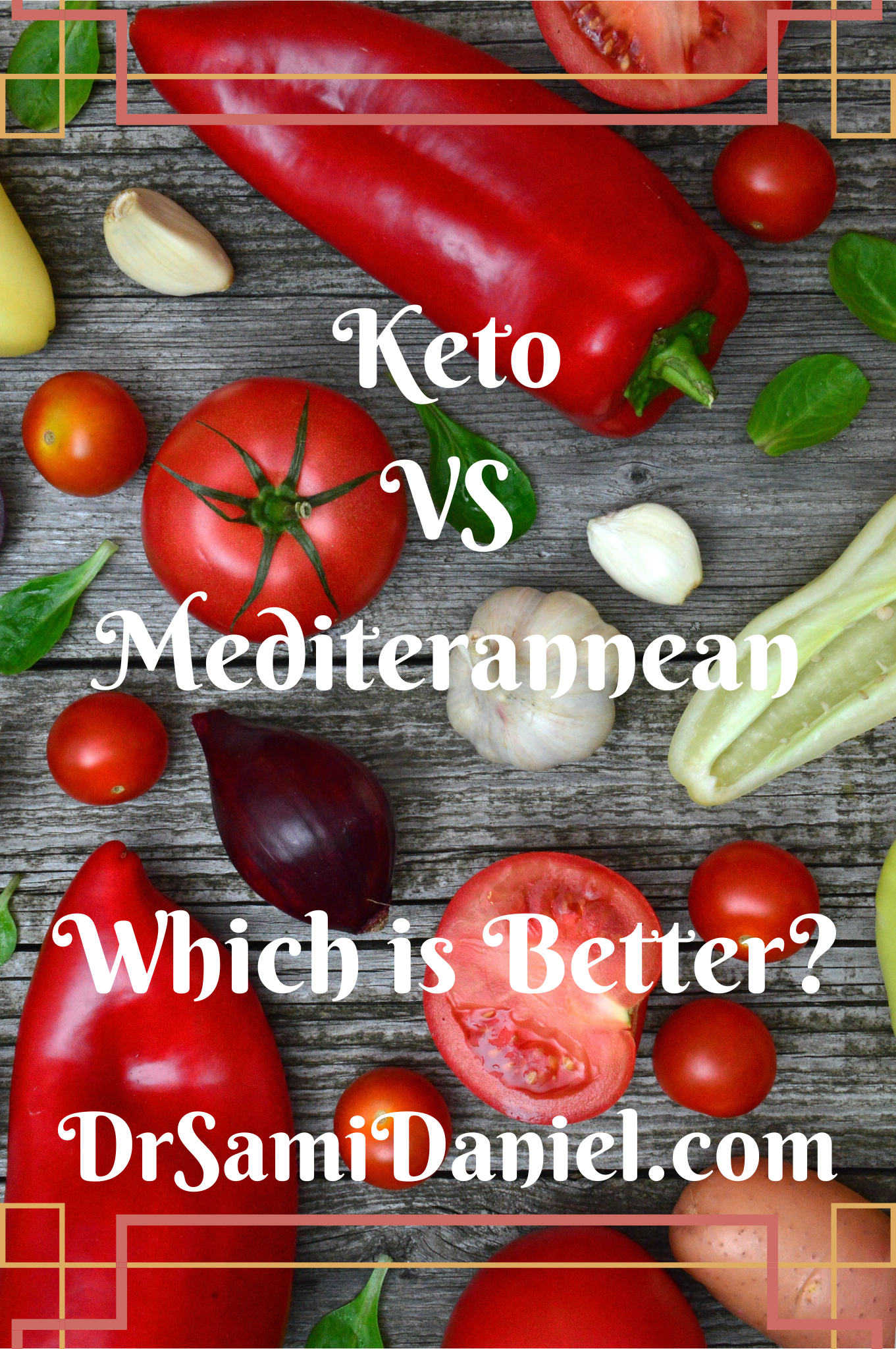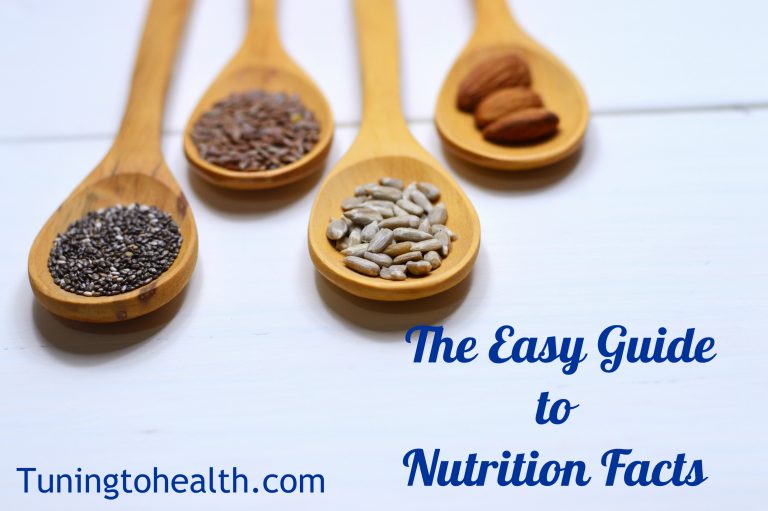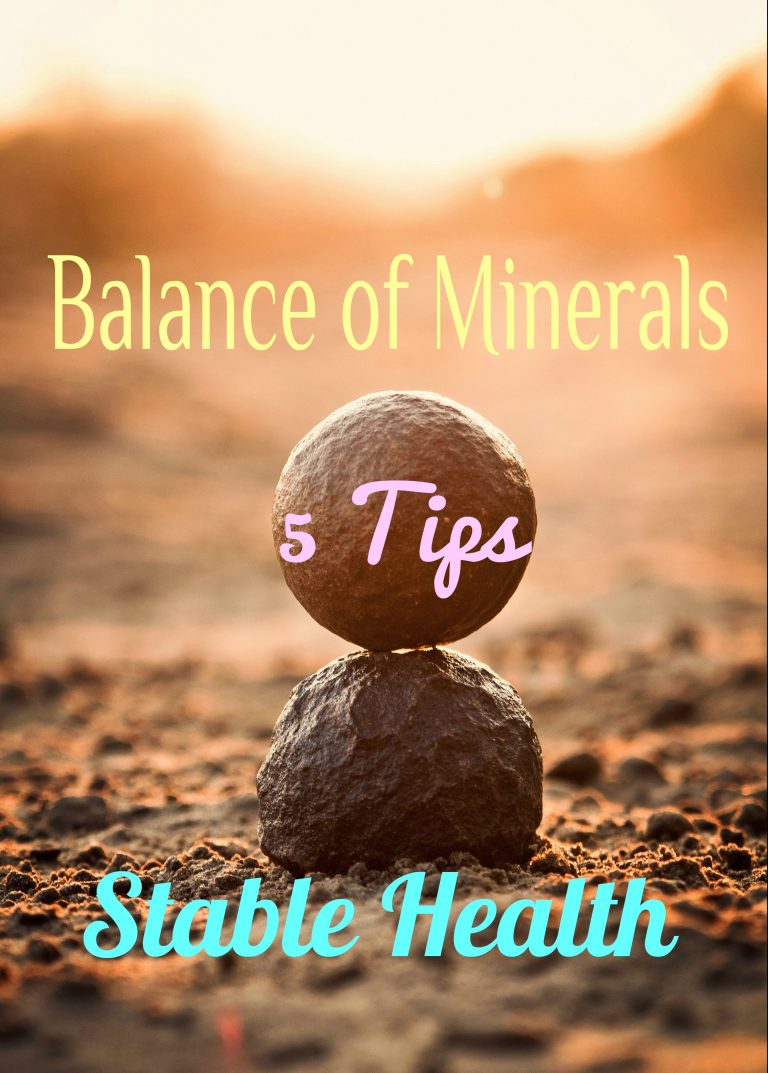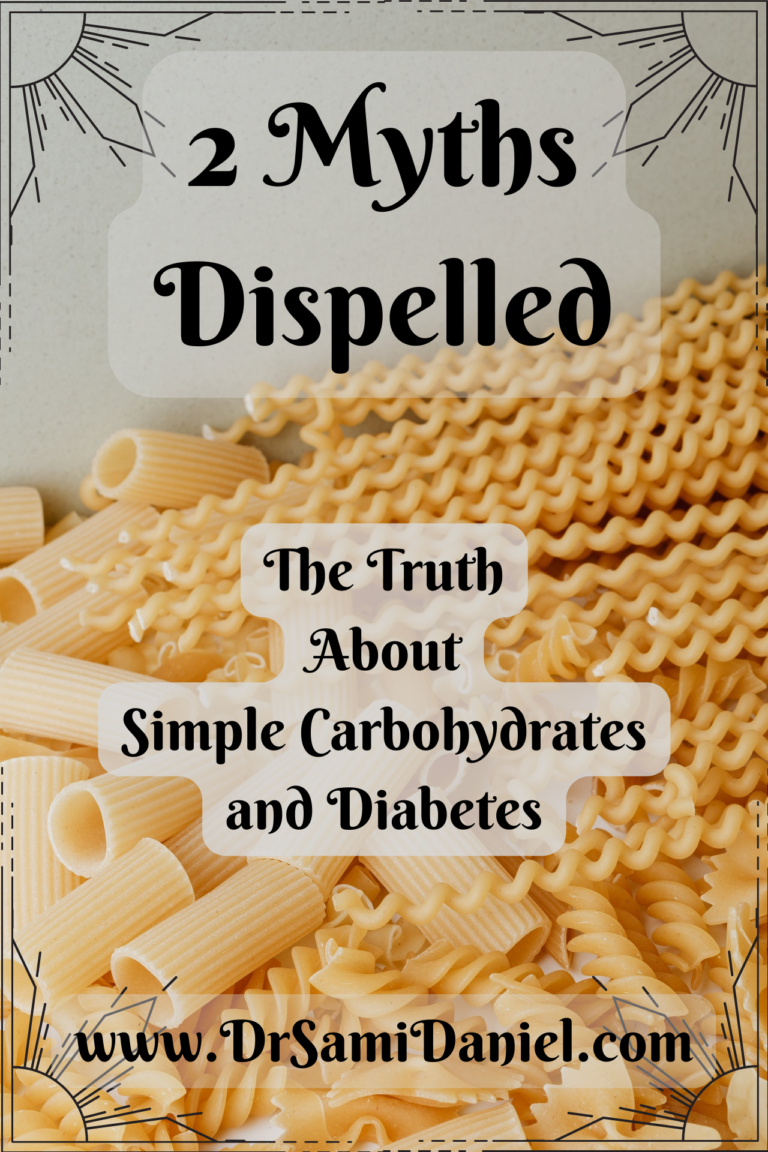Keto versus Mediterranean Diet: Which is Better
There are a lot of diets out there. Every single diet has one thing in common: they all claim to be the healthiest in some way.
However not every diet is meant for everybody. Different people respond differently to different diets. And some diets can potentially be dangerous if not done under the supervision of your Doctor.
Dr. Gardner and his team decided to find out if people with prediabetes and type 2 diabetes respond well to a ketogenic diet and the Mediterranean diet.
They would use Hemoglobin A1C and blood sugar levels to determine if people improved with each of the diets.
Even more to the point, Dr. Gardner’s team wanted to specifically find out if one diet was better than the other for this group of people.
Let’s see what they found out and how we can use the information they provided us to be well and feel vibrant!
But first, let’s define these diets for those that do not know. We should also define the Hemoglobin A1C since Dr. Garner’s team used this measure to determine the effect of the diets.
Feel free to skip ahead for Dr. Gardner’s work.
What is Hemoglobin A1C?
The Hemoglobin A1C is a glycated hemoglobin. Umm… What?!
You can find out more about the Hemoglobin A1C on my post about How to Understand and Control Your A1C.
But to briefly summarize, the sugars floating around in your blood stream can get stuck to a molecule in your red blood cells. This molecule is called Hemoglobin.
Your red blood cells normally uses hemoglobin to carry oxygen throughout your body.
If there is too much sugar in your blood, your Hemoglobin A1C goes up.
This can be measured once every 3 months because your red blood cells have a life span of about 3 months.
So the hemoglobin A1C tests for how much sugar is stuck to your hemoglobin on average for 3 months.
What is a Ketogenic diet?
A “ketogenic” diet opposes the “glucogenic” diet.
The body can use two sources of fuel:
- Glucose – In the glucogenic diet, the body uses sugars or carbohydrates (a.k.a glucose) for fuel.
- Ketones – In the ketogenic diet, the body uses ketones for fuel.
A ketogenic diet is named because the diet generates ketones in the body by using fat.
Therefore a ketogenic diet is high in fat and low in sugar or carbohydrates. This promotes the body to produce ketones and use it for fuel. The problem is that eating a diet of high fat offers little nutrition.
Dr. Gardner’s team designed their experiment so the participants ate a high fat diet and ensured adequate nutrition by:
- Limiting carbohydrates to 20 – 50 grams per day
- This would ensure adequate intake of vitamins and minerals
- Proteins were kept at about 1.5 grams per kilogram of a person’s ideal bodyweight per day
- This would help supply protein for adequate cellular repair and upkeep during daily functions
- The remaining daily calories were from fat
- This would provide the body an adequate supply of daily calories while also promoting the production and use of ketones as the primary source of fuel
What are ketones?
When the body is in short supply of sugar the liver needs to create an alternative fuel source known as ketones.
The liver will break down fat to generate ketones which can be used by your muscles, brain, and other organs to continue their daily functions.
The only difference is that you’re using ketones instead of sugar to energize your body.
Keep in mind that while this mechanism helps keep you alive in times of scarcity, things can also go wrong and lead to life-threatening consequences.
That is outside the scope of this article and post, but please talk with your Doctor if you would like to learn more. You can also find more information at the American Diabetes Association.
What is a Mediterranean diet?
The Mediterranean diet is named after the cuisines found in the region surrounding the Mediterranean Sea.
Countries like Italy or Greece are often known and vibrant components of the Mediterranean traditions.
However a certain dish may not be considered part of the official Mediterranean diet despite being made by the Italians, Greeks, or any other Mediterranean country.
Dr. Gardner and his team defined the Mediterranean diet in their study to be:
- Avoid added sugars and refined carbohydrates
- Follow a plant-based diet which included:
- Non-starchy vegetables
- Legumes
- Fruits
- Whole, intact grains
- Nuts and seeds
- The main source of protein was in the form of fish
- The main source of fats were in the form of olive oil
What was the Experiment?
Dr. Gardner’s team defined the diets and figured out the logistics. Then the experiment began.
Half of the people were started on the Mediterranean diet while the other half were started on the Keto diet. After 12 weeks, the diets were switched for another 12 weeks.
So people who were on the Keto diet were switched to the Mediterranean diet and vice versa.
Measurements were taken at 12 weeks, 24 weeks, and 36 weeks.
What were the Results?
As Dr. Gardner and his team hypothesized, the HbA1C did go down on both diets.
The HbA1C went down from 6.28 to 5.63 after 3 months on the Keto diet.
The HbA1C went down from 6.12 to 5.81 after 3 months on the Mediterranean diet.
Then the diets were switched.
The people who started on Keto and were switched to Mediterranean saw the average HbA1C go up from 5.63 to 5.72.
The people who started on Mediterranean and were switched to Keto saw the average HbA1C go down from 5.81 to 5.71.
Dr. Gardner’s team also reported lower blood sugar levels, with the Keto diet having even lower levels than the Mediterranean diet.
They also noted that people who completed the Keto diet after 3 months had:
- Lower insulin levels
- Higher HDL or “good cholesterol”
- Lower triglycerides
The Mediterranean diet showed a similar trend, but not as much difference as the Keto diet.
Both diets helped people lose weight.
Which Diet is Better?
Both diets improved the Hemoglobin A1C.
Although the Keto diet seemed to lower the Hemoglobin A1C further than the Mediterranean diet, there was actually no statistical significance between the two diets.
So while both diets improved the A1C, neither diet did a better job than the other.
Dr. Gardner’s team explained in their paper that the Keto diet did have better HDL and triglyceride levels.
However they also noted that the Keto diet is more difficult to maintain over the long term. There were two apparent reasons for this:
- A high fat and low carbohydrate diet is hard to maintain
- This can be an issue of palatability.
- The thought of eating a lot of fat on a daily basis does not sound appetizing to me.
- The increased LDL, or “bad cholesterol” in the Keto diet may be potentially dangerous.
- An elevated LDL has been linked to increased risk of cardiovascular disease and heart attack/stroke.
- Calculate your risk with the American College of Cardiology.
- The Keto diet had less nutrients than the Mediterranean diet.
- There are not many nutrients in fat.
- Most nutrients dissolve in water.
- So more nutrients can be found in fruits, vegetables, nuts, seeds, and whole intact fiber.
Conclusions
Dr. Gardner’s study showed an improvement in people’s A1C levels on both the Keto and Mediterannean diets, but no difference between the diet approaches.
So both diets can lower your A1C levels.
The question you have to ask yourself is:
Which of these diets can you stick with for the long term?
Which of these diets is more realistic for you?
In a sense, you don’t have to give up carbohydrates to get the same results as on the Keto diet.
So this might be good news for many because I know a lot of people that enjoy their carbohydrates in many forms.
The only caveat would be to avoid or minimize sugars, refined carbohydrates, and refined grains.
That strategy combined with the Mediterranean diet would be a long-term strategy to help bring your A1C levels into the normal range and improve your overall health.
Therefore speak with your Doctor and your nutritionist to find a plan that works best for you.







